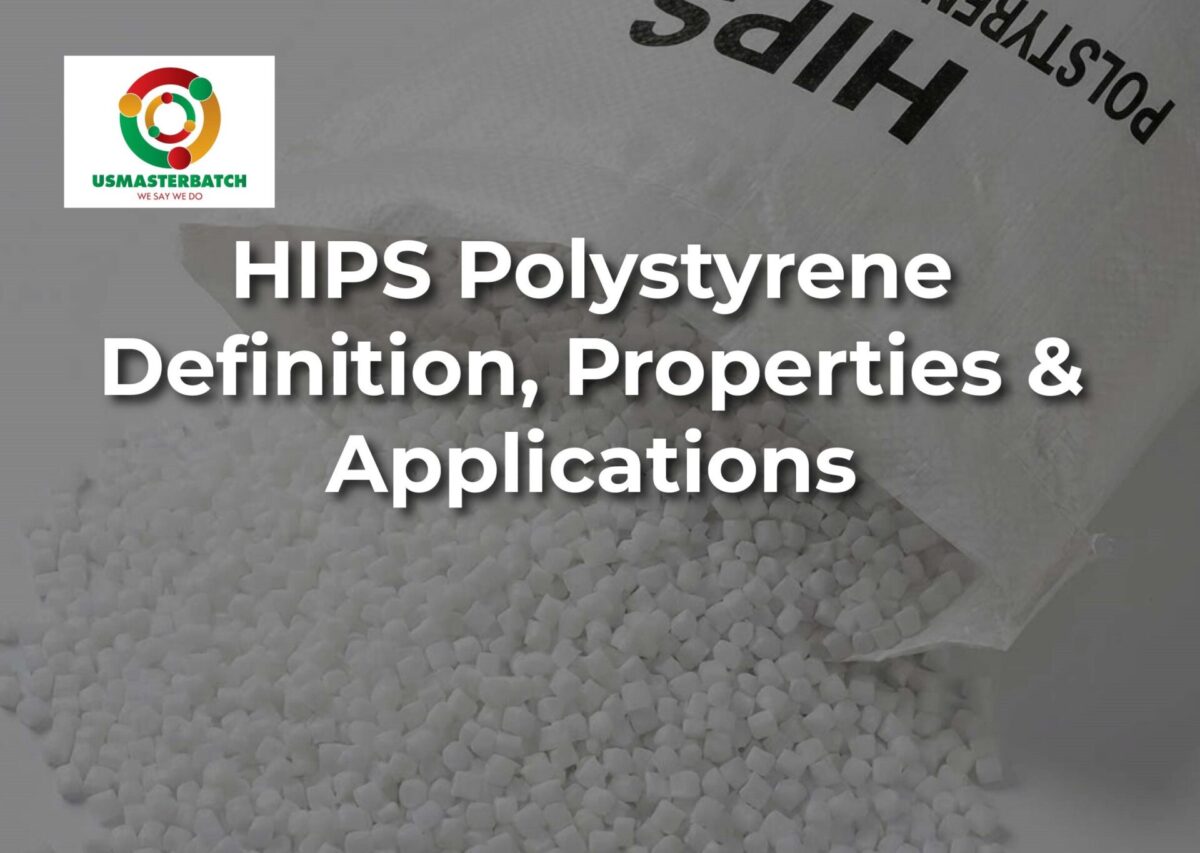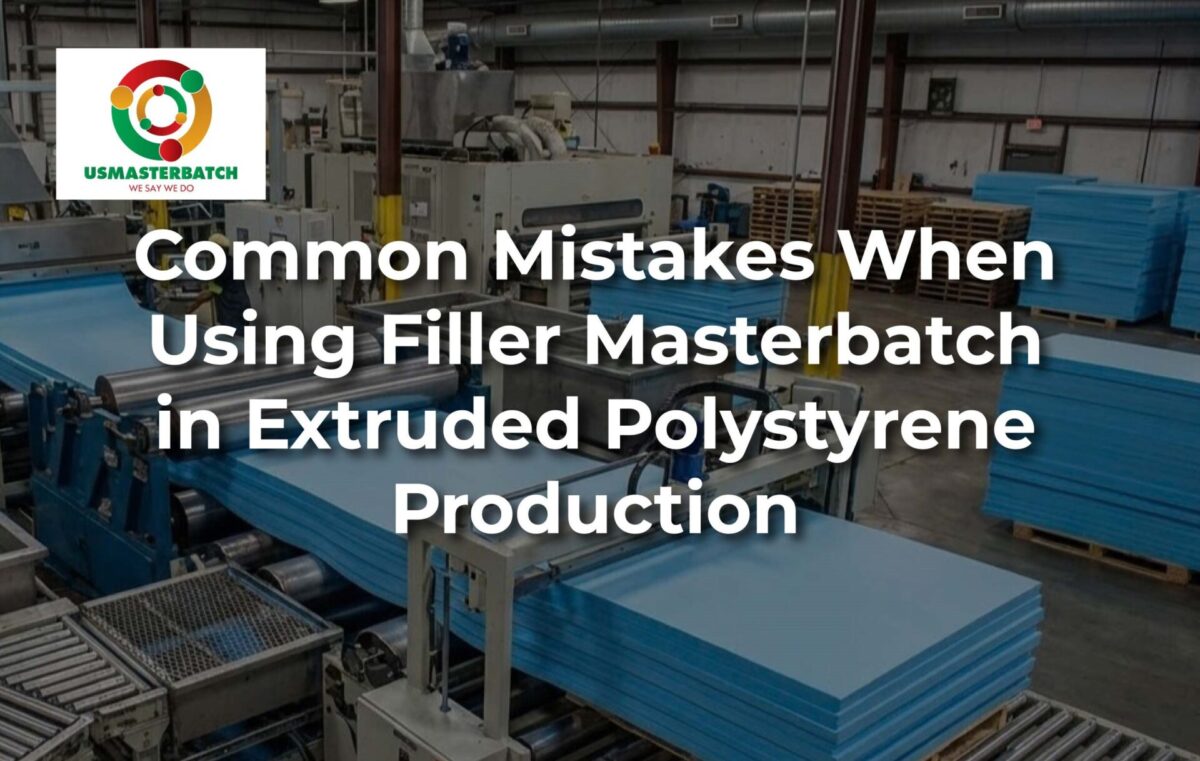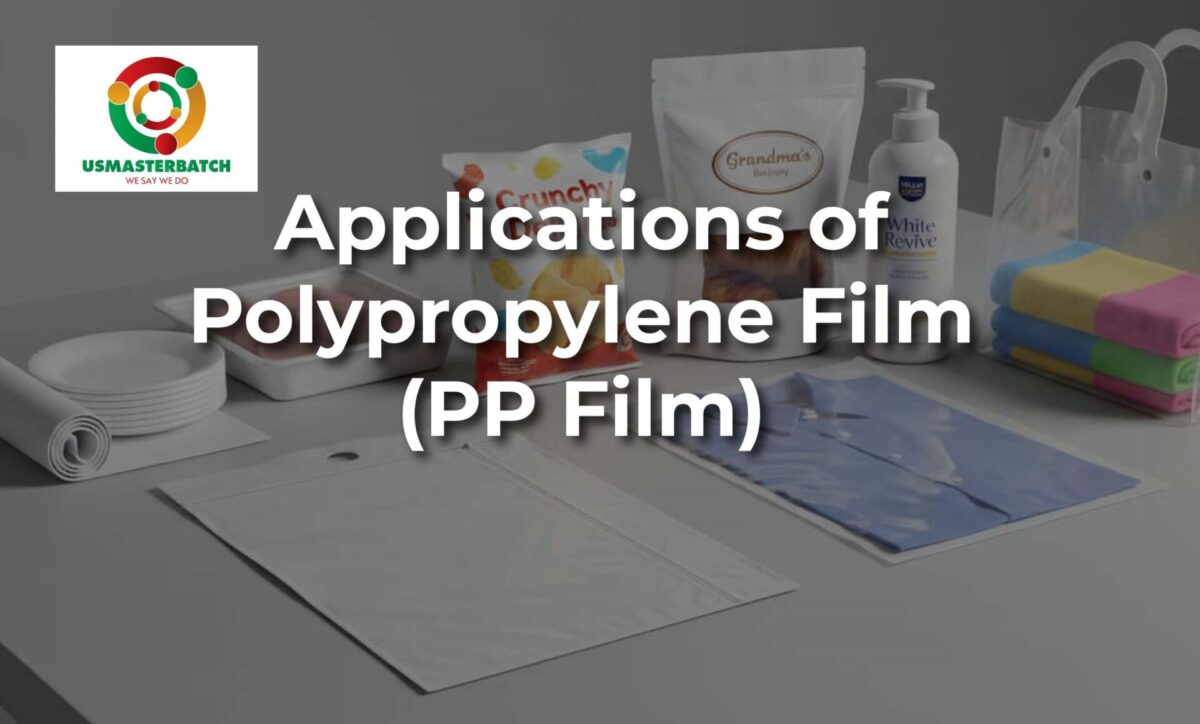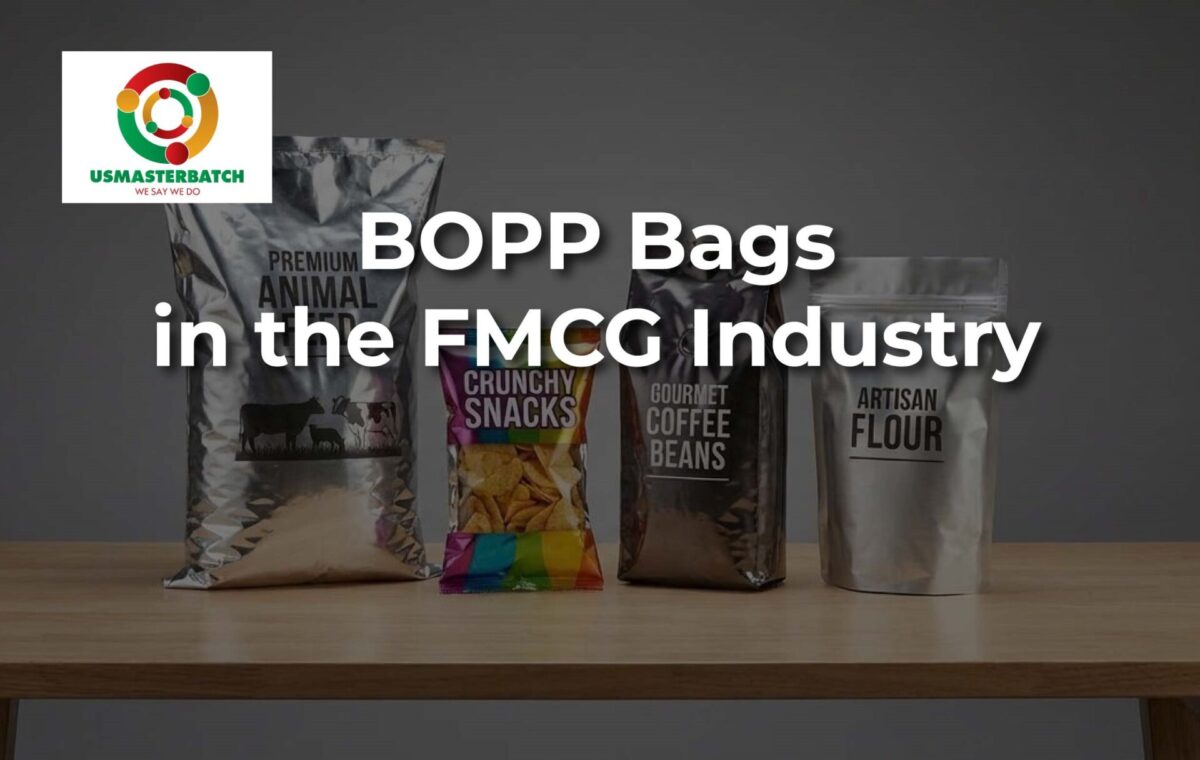
Key Properties of PVC Resin
PVC resin is the backbone of countless plastic products used in both daily life and industrial applications. From water pipes and window frames to electrical cables and flooring, this versatile material supports a wide range of industries. Therefore, understanding the key properties of PVC resin is critical for manufacturers aiming to create durable, cost-effective, and purpose-driven compounds.
What is PVC Resin?
Polyvinyl chloride resin is a thermoplastic material produced through the polymerization of vinyl chloride monomer. Thanks to its adaptability, this resin serves as the essential raw material for creating PVC compounds—widely used in manufacturing pipes, wires, profiles, and various other plastic-based products.
Above all, PVC offers a well-balanced combination of performance, durability, and cost efficiency. That’s why it remains one of the most commonly used polymers across global industries.

PVC resin suspension in powder form
Key Properties
In order to produce high-quality end products, manufacturers must understand the core characteristics of PVC resin. Below are some of the most important properties:
Chemical Resistance
One of the primary strengths of PVC is its excellent resistance to chemicals. Specifically, it can withstand exposure to acids, alkalis, salts, and many industrial solvents. As a result, it is commonly used in:
- Chemical processing plants
- Wastewater treatment facilities
- Underground piping systems
This high level of resistance not only ensures long-term durability but also increases product safety in corrosive environments.
Electrical Insulation
PVC resin possesses excellent electrical insulation properties, which is why it is widely used in the wire and cable industry. With a high dielectric strength and a low dielectric constant, PVC compound derived from quality resin ensures:
- Reliable insulation for electrical wiring
- Safety in household and industrial cable applications
- Long-term performance in harsh electrical environments
Therefore, PVC remains a top material choice for wire and cable manufacturers.
Fire Resistance
In addition to its insulation benefits, PVC also offers fire-retardant properties. It is a self-extinguishing material, meaning it stops burning once the flame source is removed. This is especially important in applications like:
- Building materials (panels, siding, windows)
- Electrical cable sheathing
- Safety-critical applications
The flame-retardant nature enhances fire safety standards in construction and electrical systems.

Key Properties of Polyvinyl chloride resin
Why Understanding PVC Resin Properties Matters
By fully understanding the material’s properties—such as thermal stability, molecular weight, and crystallinity—manufacturers can develop better custom formulations. These tailored PVC compounds are vital for improving product performance in industries like construction, telecommunications, and automotive.
Moreover, this understanding allows companies to reduce production errors, increase efficiency, and meet both domestic and international regulatory standards.
PVC Resin Expertise at US Masterbatch JSC
At US Masterbatch JSC, we bring years of experience in mastering the chemical and physical properties of PVC resin. Our R&D team uses advanced formulation techniques to develop custom PVC compounds that meet the exact requirements of our global clients.
Whether you’re producing rigid pipes for infrastructure or insulated cables for electronics, our PVC compounds offer:
- Consistent quality
- Competitive pricing
- Tailored performance properties
We are proud to be a trusted partner for manufacturers across the wire, cable, and piping industries.
📩 Contact Information
For more information about US MASTERBATCH or to request a custom quotation, please feel free to get in touch:
📞 Phone: (+84) 912 293 698
LinkedIn: US MASTERBATCH










